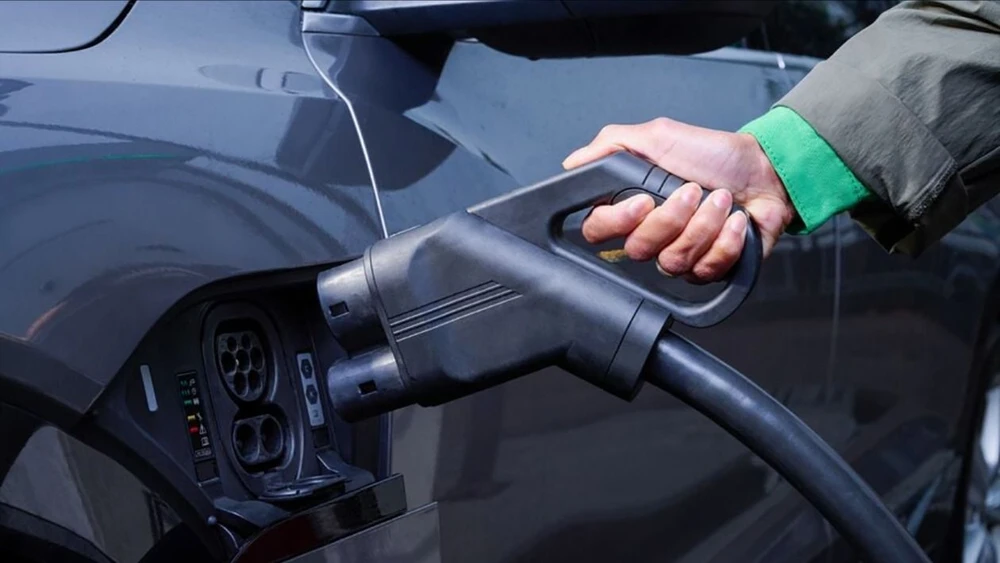According to Nikkei Asia, Japanese metal manufacturer Proterial has successfully developed a new material used in electric vehicle (EV) battery casings that can block electromagnetic waves.

Electric vehicles have more electronic components than gasoline-powered cars. Electromagnetic waves emitted from these electronic devices can affect the operation of other vehicle components and may lead to accidents. Therefore, manufacturers often encase batteries and other vehicle parts in aluminum casings to block electromagnetic waves.
Proterial has developed a thin-walled alternative to aluminum, made primarily from iron sheets sandwiched between film layers. The battery and other components will be encased in this thin-walled material and a layer of plastic for vibration damping. This new casing will make EV batteries approximately 30% lighter than those using aluminum casings.
When combined with the use of this material on other components, such as the integrated charger, the overall weight of the EV can be reduced by more than 10%. By changing the adhesive and film material, Proterial has increased its heat resistance from 80°C to 130°C, making the material suitable for a wider range of applications, including EV batteries.
SOUTHERN
Source













































































































Comment (0)